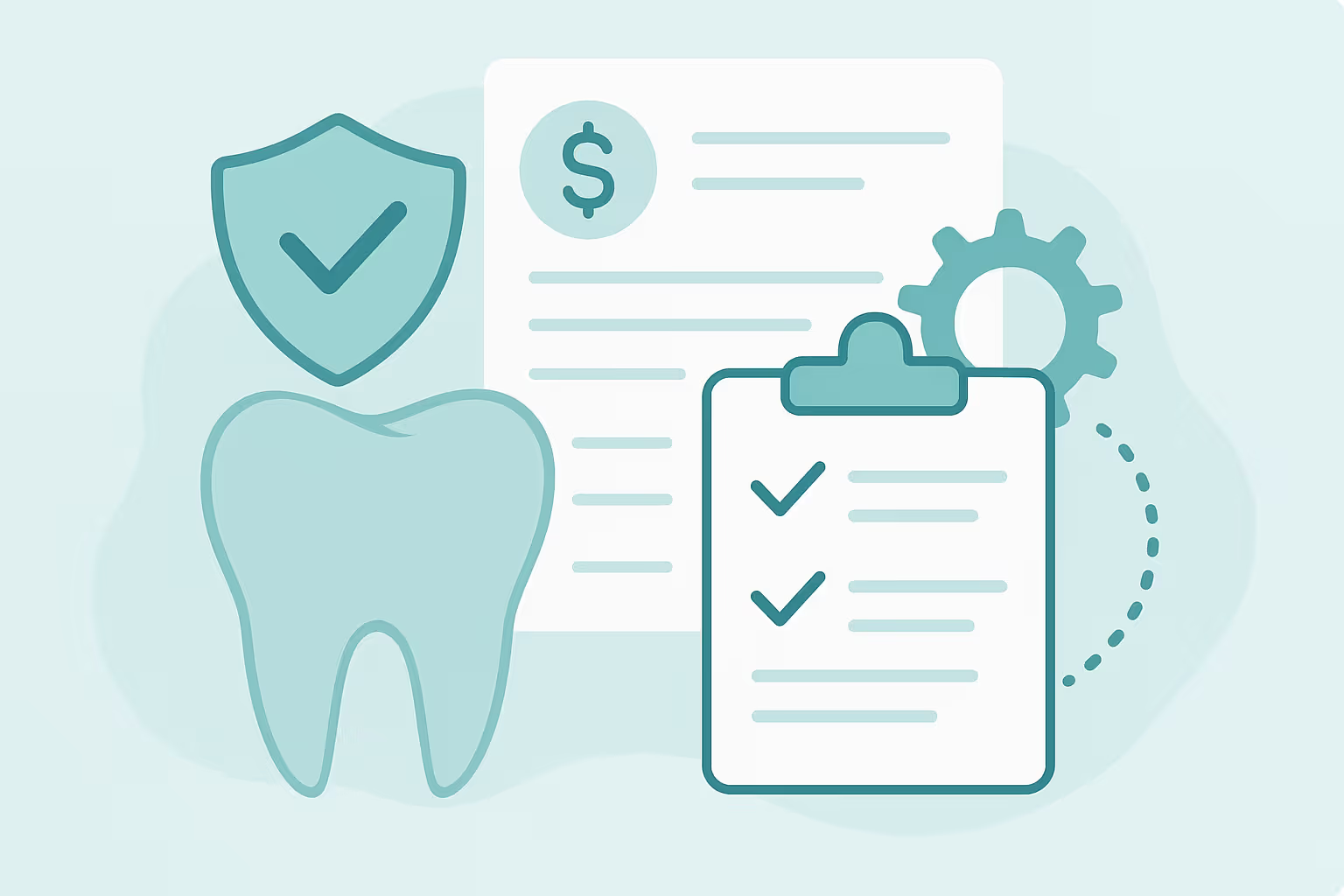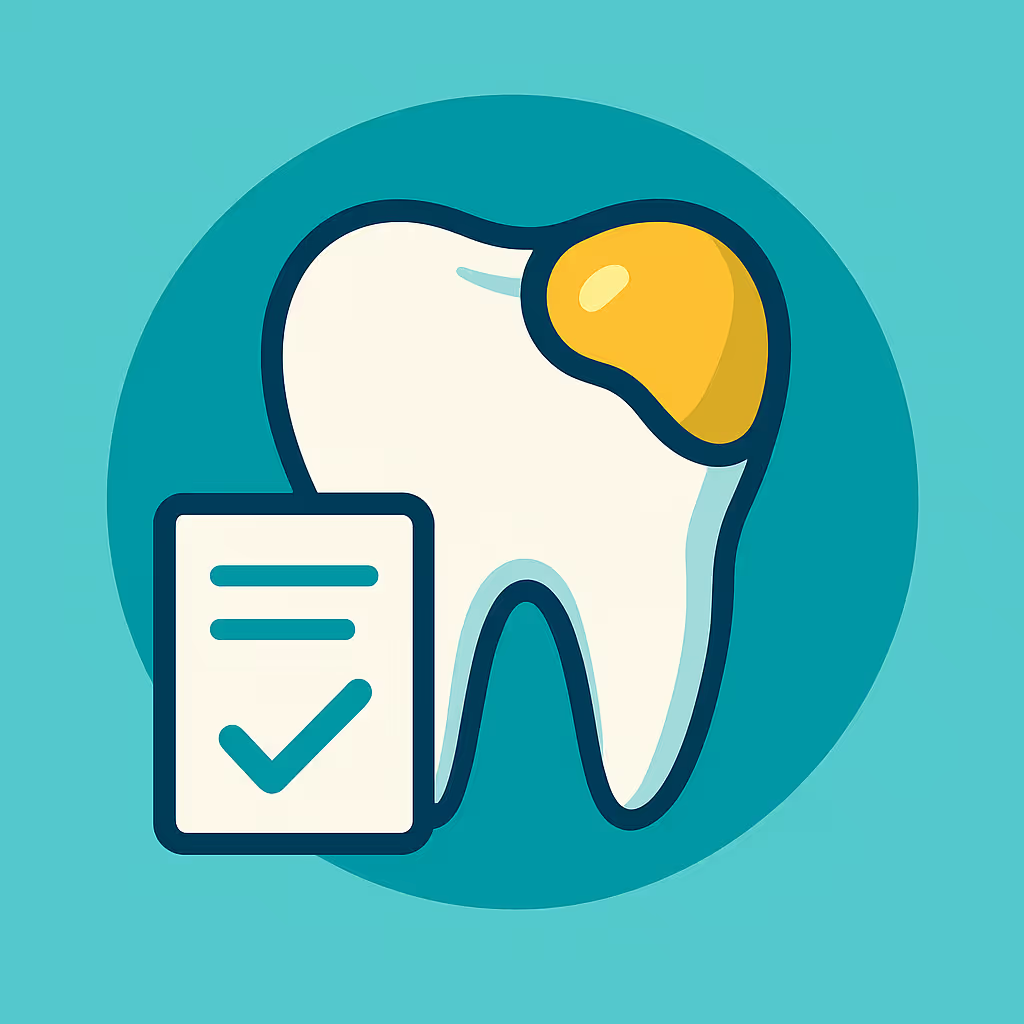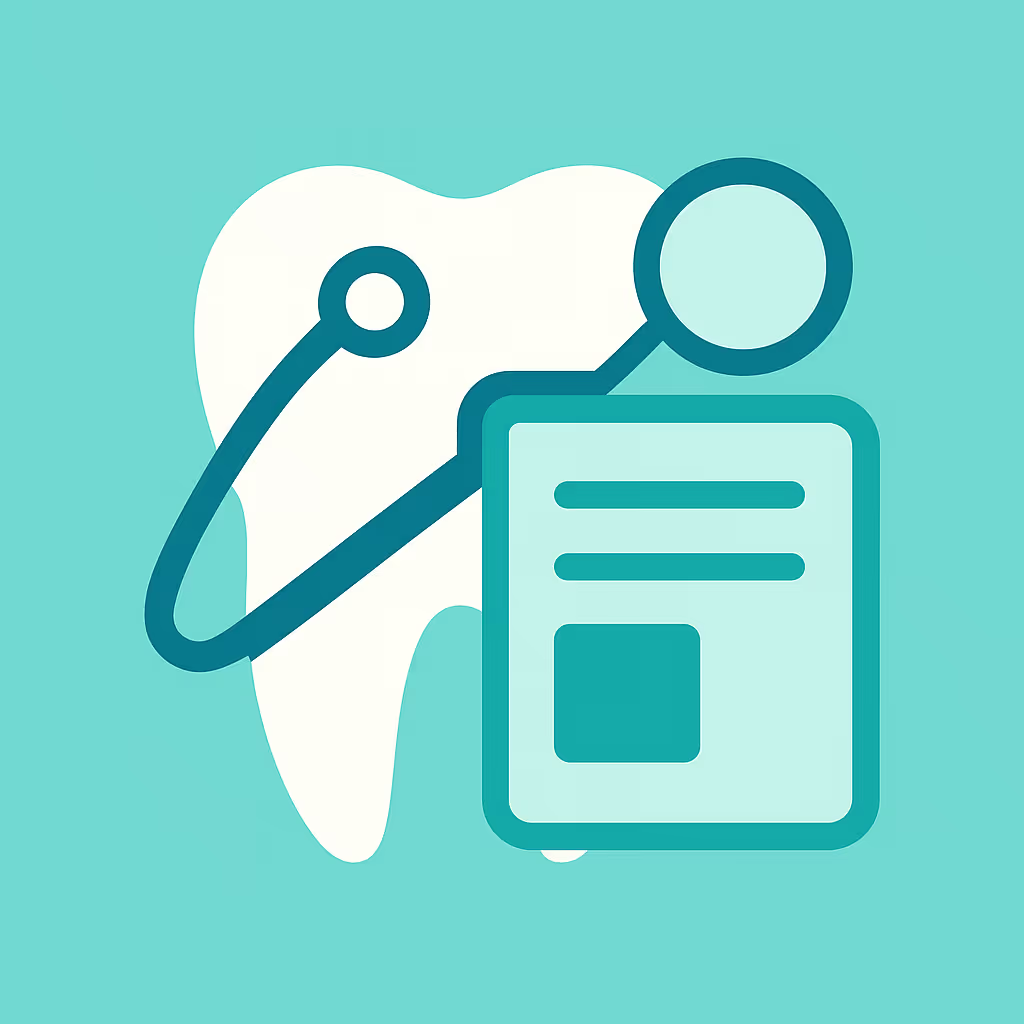Understanding Balance Billing in Dental Care
Receiving an unexpected dental bill can be confusing and stressful, especially when you thought your insurance would cover most of the costs. One common source of confusion is dental balance billing. Understanding what balance billing is, when it happens, and how to handle it can help patients and dental practices navigate these situations with confidence and clarity.
What is Balance Billing?
Balance billing occurs when a dental provider bills a patient for the difference between the provider’s standard fee and the amount the insurance company has paid or allowed for a specific procedure. For example, if your dentist charges $200 for a filling, but your insurance plan only allows $150, you may be billed for the remaining $50. This difference is known as the “balance.”
Balance billing is distinct from your regular copayments, deductibles, or coinsurance. It’s specifically the portion of the bill that arises when there’s a gap between the dentist’s charges and what your insurance plan agrees to pay for covered services.
When Does Balance Billing Occur?
Balance billing most often happens in the following scenarios:
- Out-of-Network Providers: If your dentist is not contracted with your insurance company (out-of-network), they are not bound by the insurer’s fee schedule. This means they can charge their usual rates and bill you for any amount not covered by your plan.
- Non-Covered Services: If a procedure is not covered by your dental insurance (for example, cosmetic procedures), the dentist may bill you the full amount.
- Denied Claims: If your insurance denies a claim—perhaps due to missing documentation, incorrect CDT codes, or lack of coverage—you may be billed for the entire service.
- Maximum Benefits Reached: Once your annual benefit maximum is reached, any additional services become your financial responsibility.
Dental offices typically use Explanation of Benefits (EOBs) from insurers to determine what portion of a claim was paid, denied, or left as patient responsibility. Understanding your EOB is crucial to knowing why you received a balance bill.
Is Balance Billing Legal in Dentistry?
The legality of balance billing in dental care depends on several factors:
- In-Network Dentists: If your dentist is in-network (contracted) with your insurance, they have agreed to accept the insurer’s allowed fees as payment in full (except for copays, deductibles, and coinsurance). In-network providers cannot legally balance bill you for covered services beyond these amounts.
- Out-of-Network Dentists: Out-of-network providers are not bound by the insurer’s fee schedule and can balance bill for the difference between their charges and what insurance pays.
- State Laws: Some states have specific regulations about balance billing, especially for medical emergencies, but dental coverage is less regulated. Always check your state’s rules or ask your dental office for clarification.
Dental practices should always provide clear, itemized statements and be transparent about their network status and billing practices to avoid patient confusion and complaints.
How to Handle a Balance Bill from Your Dentist
If you receive a balance bill and are unsure why, follow these best practices:
- Review Your EOB: Carefully read your Explanation of Benefits to see what was paid, denied, or left as your responsibility. Check for correct CDT codes and service descriptions.
- Contact Your Dental Office: Ask for an itemized statement and clarification on why you were billed. Sometimes, billing errors or misapplied insurance payments can be resolved quickly.
- Verify Network Status: Confirm whether your dentist is in-network or out-of-network for your plan. This affects your financial responsibility.
- Appeal Insurance Denials: If you believe a claim was denied in error, request your dental office to submit a claim appeal with additional documentation or corrected codes.
- Set Up Payment Arrangements: If you owe a balance, many dental offices offer payment plans to help manage costs.
Clear communication between patients, dental offices, and insurance companies is key to resolving balance billing issues efficiently.
Preventing Surprises: Discussing Costs Upfront
The best way to avoid unexpected balance bills is to discuss costs before treatment begins. Here’s how successful dental practices help patients prevent surprises:
- Insurance Verification: Office staff should verify your insurance benefits, network status, and coverage details before your appointment.
- Pre-Treatment Estimates: Ask for a pre-treatment estimate based on your plan’s allowable fees and your remaining benefits. Many offices submit a pre-authorization or pre-determination to your insurer for complex procedures.
- Transparent Financial Policies: Dental offices should provide written financial policies outlining what is covered, what isn’t, and when balance billing might occur.
- Patient Education: Educate patients about their benefits, annual maximums, and the potential for out-of-pocket costs.
By proactively verifying insurance, providing clear estimates, and communicating openly, dental practices can build trust and reduce billing confusion for their patients.





